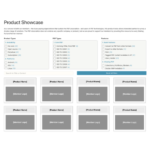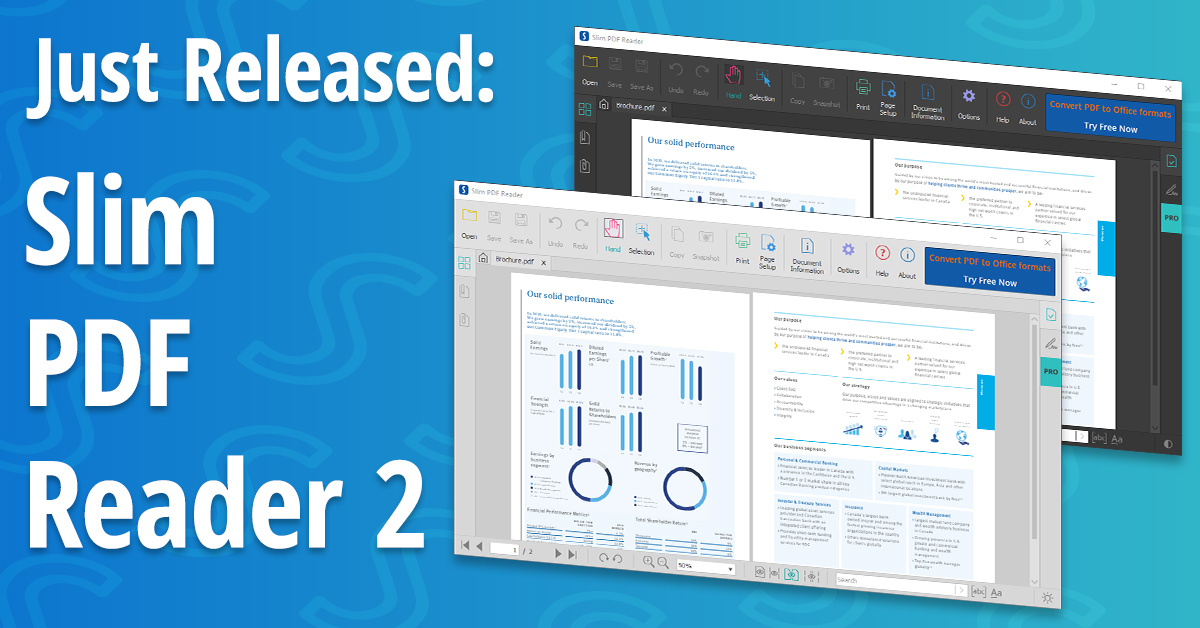More and more, magazines are available on tablets or other mobile platforms. The subscriber uses the respective app to view the magazine pages, but in many cases the internal format is actually PDF. In this article, we want to have a look at what is needed to turn a print-ready PDF into lightweight performant PDF pages.
Vor der problematischen Entwicklung von COVID-19 in zahlreichen Ländern sehen sich viele Unternehmen gezwungen, Mitarbeiter ins Homeoffice zu schicken. Für große Organisationen und viele Firmen ist das Thema des Arbeitens von zu Hause nicht neu. Sie haben qualifiziertes und sachkundiges IT-Personal, virtuelle private Netzwerke (VPN), Ersatz-Laptops, eine Bring-your-own-Device (BYOD)-Infrastruktur, webbasierte Portale für geschäftskritische Systeme, Cloud-basierte … Read more













